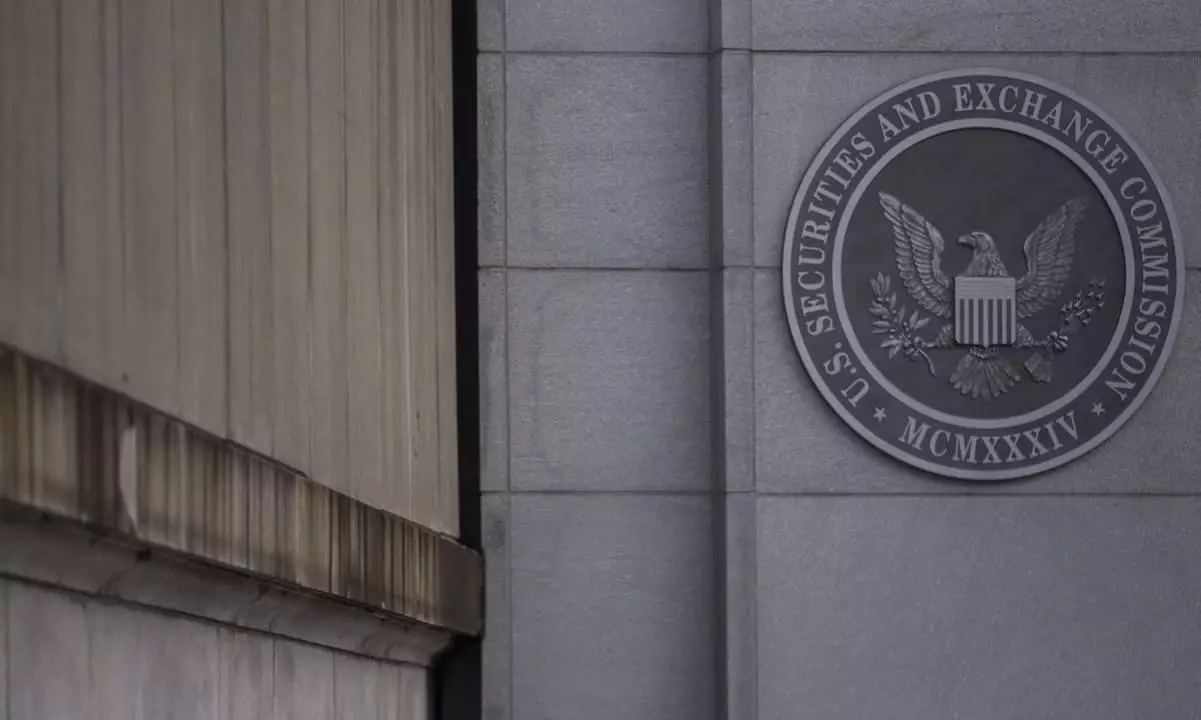The financial landscape for cryptocurrency trading continues to evolve, and recent developments surrounding eToro, a major player in the financial services sector, point to a tightening grip of regulatory bodies on the industry. Amid soaring scrutiny, the U.S. branch of eToro is set to discontinue trading nearly all trading of crypto assets, following a new order from the Securities and Exchange Commission (SEC). The SEC’s announcement highlights eToro’s alleged non-compliance with federal securities regulations dating back to as early as 2020, resulting in a significant setback for the platform and its users.
According to the SEC’s press release, the investigation revealed that eToro had operated as an unregistered broker, processing transactions that legally should have been registered. Consequently, eToro faces a fine of $1.5 million, with a limited selection of cryptocurrencies—namely Bitcoin (BTC), Bitcoin Cash (BCH), and Ether (ETH)—now the only ones available for trading. Customers have been granted a mere 180 days to liquidate other crypto assets on the platform before eToro steps in to do so, returning the proceeds to its user base. As part of the settlement, eToro has neither admitted nor denied the SEC’s claims, indicating a somewhat ambiguous stance while agreeing to comply with the regulations moving forward.
This move by eToro not only alters the operational capabilities of the platform but also has potential implications for the broader market of cryptocurrency investment. Gurbir Grewal, Director of the SEC’s Division of Enforcement, stated that eToro’s decision to withdraw tokens deemed investment contracts from its offerings demonstrates a commitment to adhering to existing financial regulations. The decision emphasizes a significant effort toward enhancing investor protection and establishing clearer pathways for other crypto intermediaries facing similar challenges.
Many users may find this rapid transformation unsettling, as it limits their ability to diversify their portfolios within the platform. Moreover, eToro’s recent restrictions correlate with a larger trend; similar actions have been observed with other trading platforms such as Coinbase and Binance. This uniformity in regulatory actions raises a pressing question about the future landscape of cryptocurrency trading services.
Aside from domestic pressures, eToro is also grappling with regulatory challenges abroad. Recently, the Australian Securities and Investments Commission has launched a lawsuit against eToro, further complicating the platform’s operation on a global scale. The dual regulatory pressure from U.S. and Australian authorities exemplifies a growing momentum toward stricter governance of cryptocurrency trading practices.
In summation, eToro’s predicament highlights not only the fragility of operating within the ever-evolving landscape of crypto trading but also the increasing need for compliance with regulatory frameworks. As the SEC and other international regulators tighten their grips, the implications for platforms and investors alike could reshape the future of cryptocurrency.

